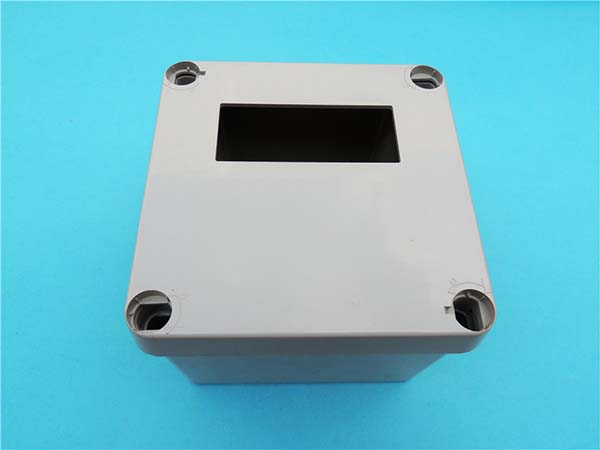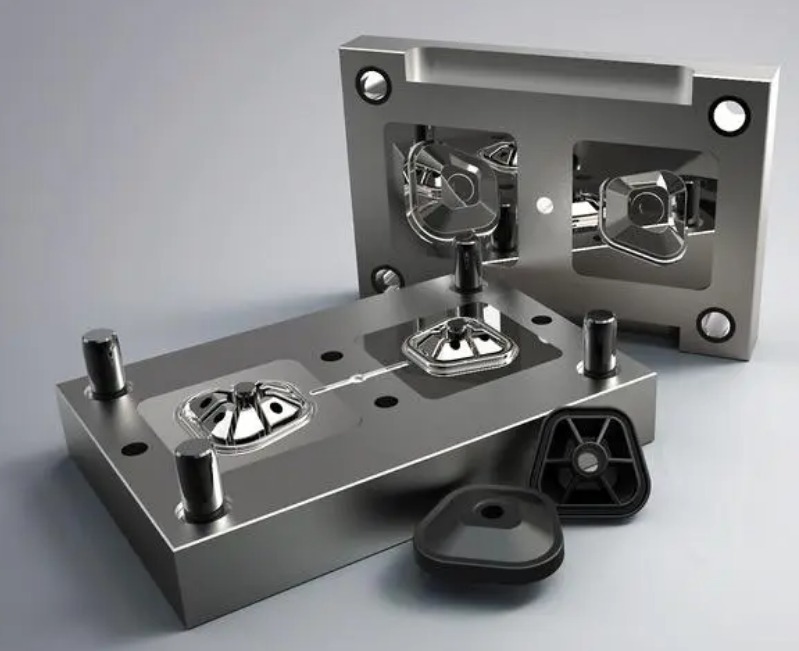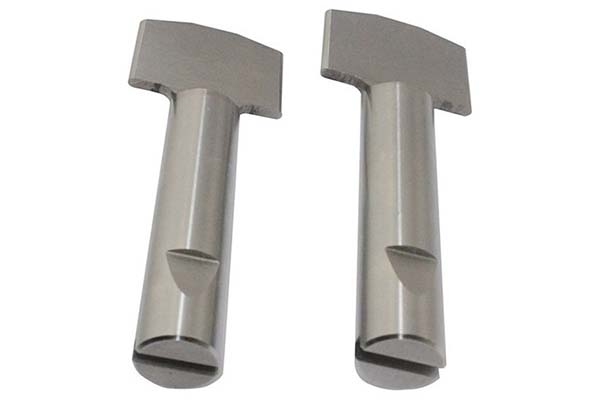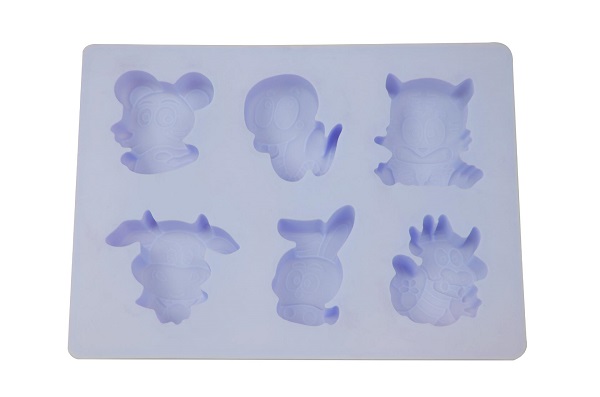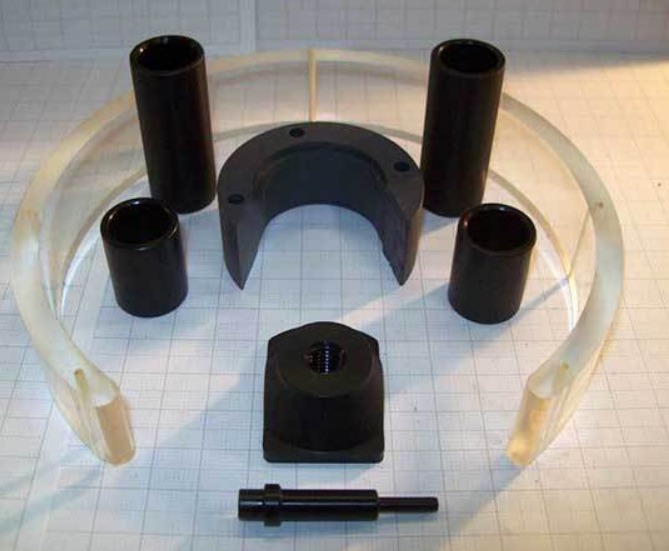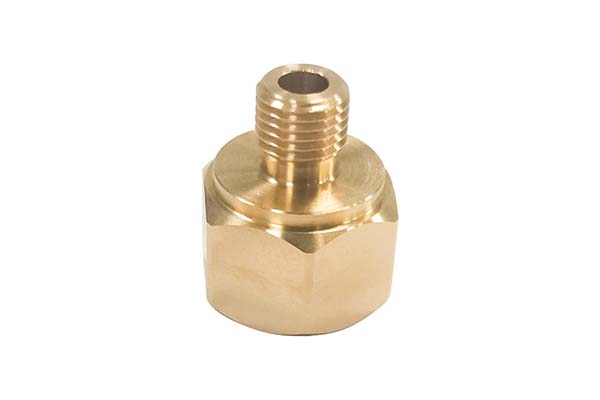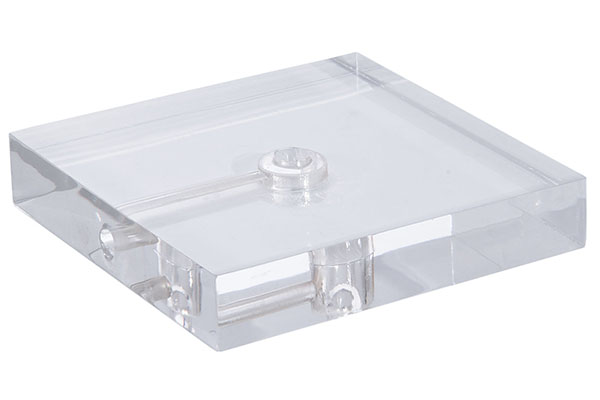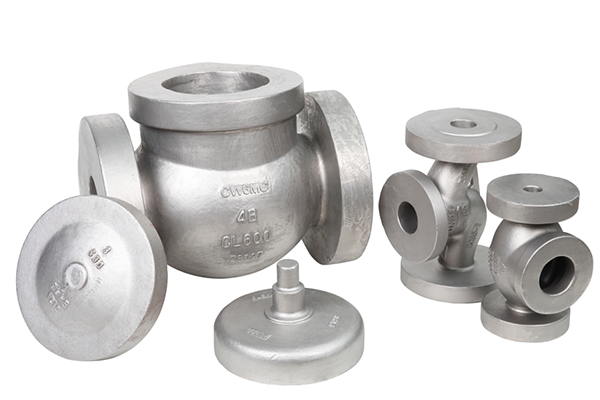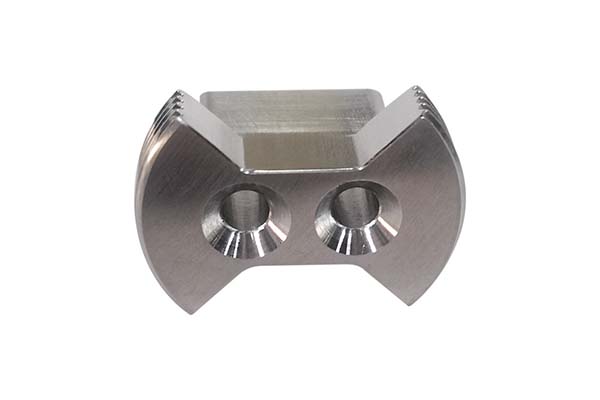What is a Prototyping Agency?
A prototyping agency is a specialized entity that plays a pivotal role in the product development lifecycle. At its core, a prototyping agency is dedicated to creating physical or digital models of products, known as prototypes. These prototypes are not just rough drafts; they are detailed representations that mimic the form, function, and sometimes even the look - and - feel of the final product.
In the product development process, the role of a prototyping agency is multi - faceted. First and foremost, it helps bridge the gap between an idea and a tangible product. Entrepreneurs, inventors, and established companies often have brilliant concepts but lack the in - house expertise or resources to turn them into workable prototypes. A prototyping agency steps in, leveraging its technical know - how, state - of - the - art equipment, and experienced staff.
For example, let's say a startup has an idea for a new handheld fitness tracking device. The concept might be revolutionary, but without proper prototyping, it's just a thought. A prototyping agency can take this idea, work with the startup to define the product requirements, and then use 3D printing, CAD (Computer - Aided Design), and other advanced manufacturing techniques to create a prototype. This prototype can then be used to test the device's functionality, such as its accuracy in tracking steps, heart rate, and sleep patterns.
Moreover, prototyping agencies are crucial for gathering early feedback. By presenting a prototype to potential customers, stakeholders, or investors, companies can gain valuable insights. This feedback loop allows for iterative improvements to the product design, reducing the risk of costly mistakes in the mass - production phase. In fact, studies have shown that products that undergo thorough prototyping and feedback - driven improvements are 40% more likely to succeed in the market compared to those that don't.
In addition, prototyping agencies can handle complex projects involving multiple materials and manufacturing processes. Whether it's working with plastics, metals, or composite materials, they have the skills to select the right materials for the prototype based on factors like cost, durability, and functionality. They can also manage the transition from rapid prototyping techniques to more production - friendly manufacturing methods as the product moves closer to commercialization.
How to Select the Right Prototyping Agency
Selecting the right prototyping agency is crucial for the success of your product development project. Here are some key factors to consider:
1. Portfolio Review
A prototyping agency's portfolio is a window into its capabilities. By carefully examining their past projects, you can gain insights into their areas of expertise. For example, if you're developing a medical device, look for agencies that have experience in the medical field. Analyze the quality of their prototypes, the complexity of the projects they've handled, and the diversity of industries they've served. A diverse portfolio often indicates a versatile agency that can adapt to different challenges.
2. Client Testimonials and References
Client testimonials and references are invaluable sources of information. Positive testimonials can highlight an agency's strengths, such as their ability to meet deadlines, their high - quality work, and their excellent customer service. For instance, a client might praise an agency for its quick turnaround time on a critical project or for its willingness to go the extra mile to ensure client satisfaction. Don't hesitate to ask the agency for references and reach out to their previous clients to get a firsthand account of their experience.
3. Technical Capabilities
When evaluating a prototyping agency, technical capabilities are of utmost importance. Consider the materials they work with. A good agency should be able to work with a wide range of materials, including plastics, metals, and composites, and be able to recommend the best material for your specific needs. Evaluate their manufacturing processes, such as 3D printing, CNC machining, injection molding, etc. Advanced manufacturing techniques can lead to more accurate and high - quality prototypes. Additionally, their expertise in CAD/CAM (Computer - Aided Design/Computer - Aided Manufacturing) software is crucial for creating detailed and precise designs.
4. Communication and Collaboration
Effective communication and collaboration are essential for a successful prototyping project. A good agency should be able to communicate clearly and regularly throughout the project. They should listen to your ideas, understand your requirements, and provide timely updates on the progress of the prototype. You can gauge their communication skills during the initial consultation. Do they respond promptly to your inquiries? Are they easy to talk to? A collaborative agency will also involve you in the decision - making process, seeking your input on design changes, material selection, and other aspects of the project.
Yigu Technology's Perspective
As a non - standard plastic and metal products custom supplier, Yigu Technology deeply understands the significance of prototyping agencies. In our long - term cooperation with various clients, we've witnessed how prototyping agencies act as a catalyst in product development.
Prototyping agencies offer the flexibility and expertise that many in - house teams lack. They can quickly adapt to different design concepts, which is crucial for the success of custom projects. For example, when working on a complex non - standard plastic part, a prototyping agency can use its advanced 3D printing technology to create a detailed prototype, allowing for design adjustments before mass production. This reduces both time and cost.
Our strength lies in our deep - rooted knowledge of materials and manufacturing processes. We can collaborate closely with prototyping agencies, providing insights into the best materials for a prototype based on its intended use. Our experience in precision manufacturing ensures that the transition from prototype to mass production is seamless. By working hand - in - hand with prototyping agencies, we can offer clients a one - stop solution, from concept to final product, with high - quality results.
FAQ
1. How much does it cost to work with a prototyping agency?
The cost of working with a prototyping agency can vary significantly. It mainly depends on factors such as the complexity of the project. A simple, single - component prototype for a basic product may cost a few hundred dollars, while a complex multi - component prototype for a high - tech device could cost thousands or even tens of thousands of dollars. The materials used also play a crucial role. Prototypes made from common plastics are generally less expensive than those using high - performance metals or advanced composite materials. Additionally, the manufacturing processes involved, like 3D printing which can be relatively cost - effective for small - scale prototyping, compared to more complex and precise CNC machining, can influence the overall cost.
2. How long does the prototyping process usually take?
Typically, the prototyping process can range from a few days to several weeks. For a straightforward prototype using rapid prototyping techniques like 3D printing and with readily available materials, it might be completed in 3 - 5 days. However, for more complex projects that require extensive design work, custom - made tooling, or the use of hard - to - source materials, the process could take 4 - 8 weeks or even longer. For example, a prototype of a simple consumer product with a standard design and common materials can be produced quickly. But a prototype for a new medical implant, which needs to meet strict regulatory standards and requires special biocompatible materials, will take much more time due to the need for detailed testing and validation.
3. Can a prototyping agency help with mass production after prototyping?
Many prototyping agencies can offer support for mass production after the prototyping phase. They often have connections with manufacturing partners or in - house capabilities to transition the prototype into large - scale production. They can assist in optimizing the design for manufacturability, selecting the right production - level manufacturing processes such as injection molding for high - volume plastic parts or metal stamping for metal components. They can also help with supply chain management, sourcing raw materials in bulk, and ensuring quality control throughout the mass - production process. Some agencies even offer end - to - end services, from initial concept to full - scale production, making the entire product development journey more seamless for clients.
